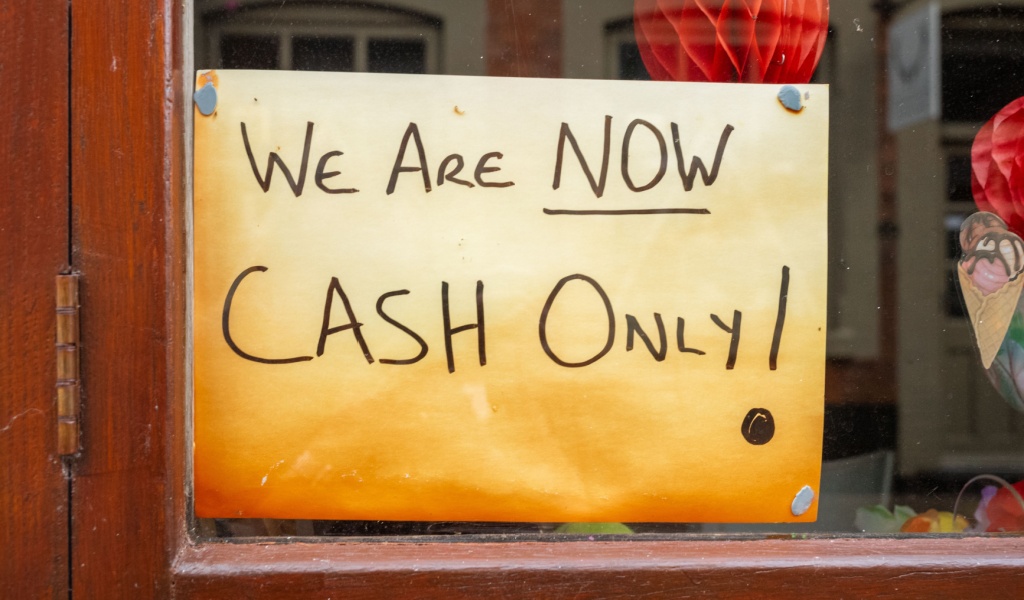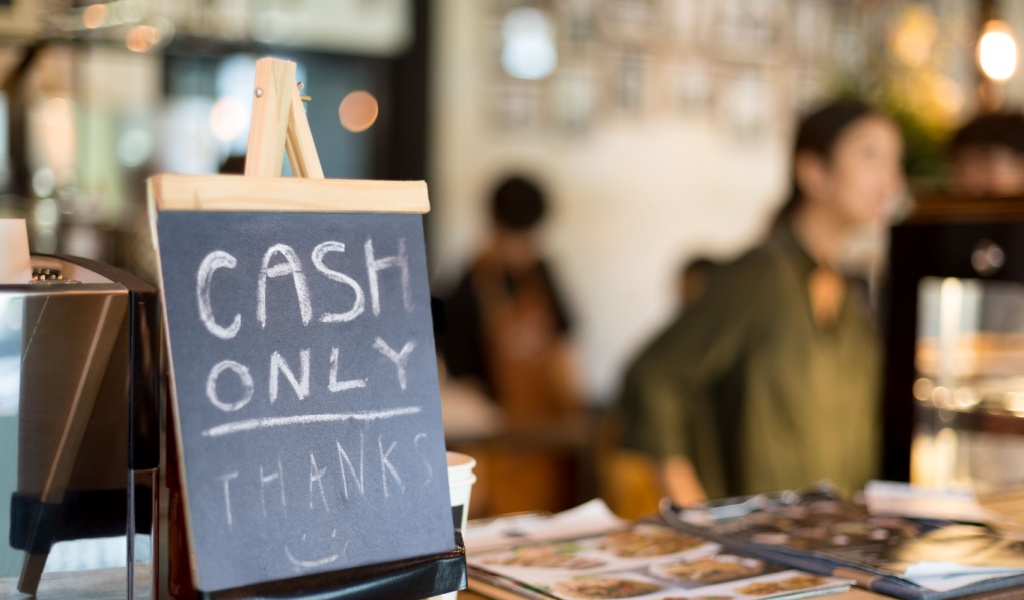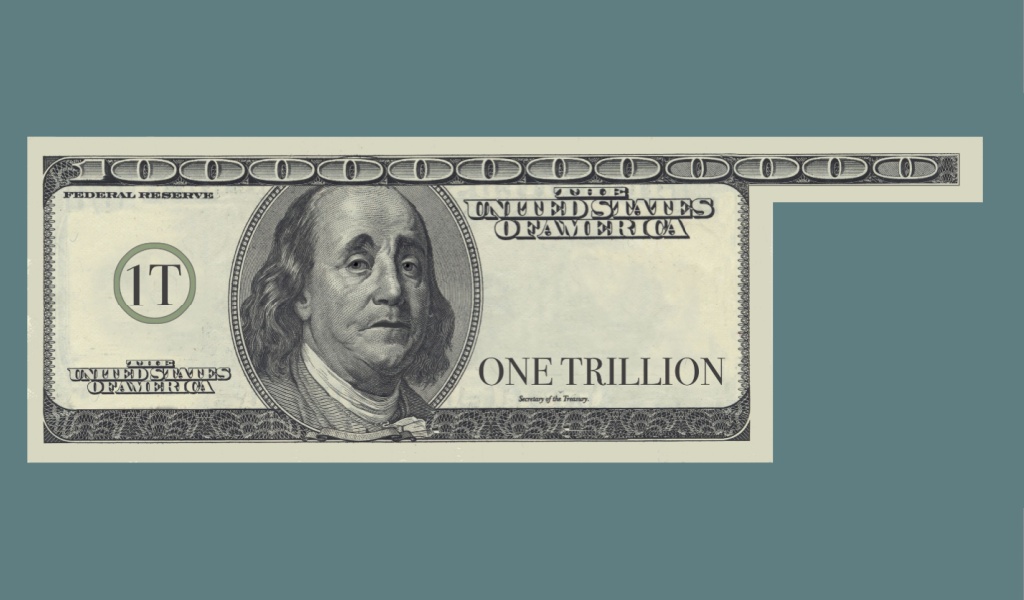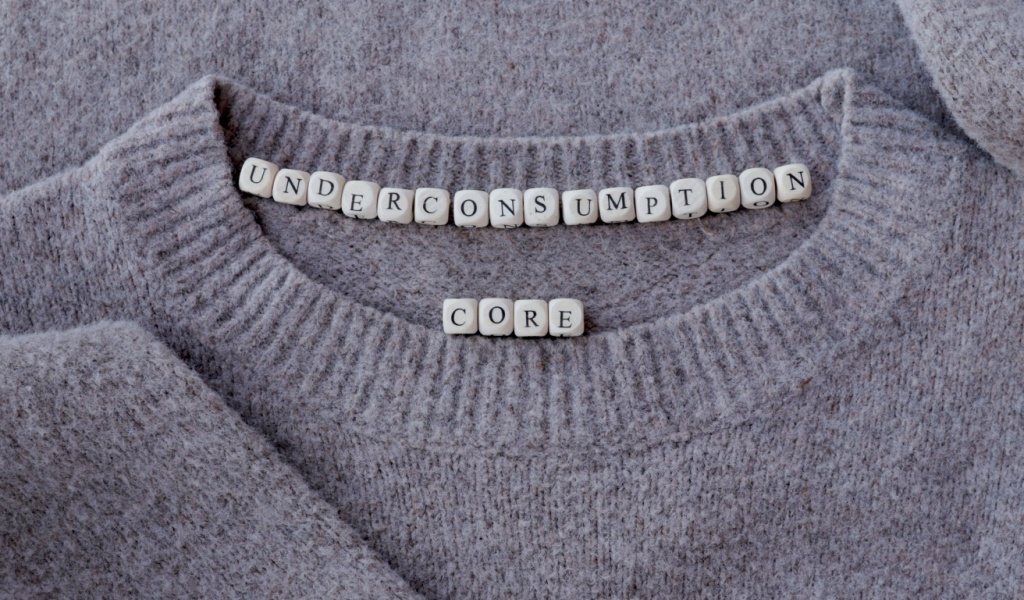Living without a bank account in a world where direct deposits and digital payments have become the norm may sound strange to some. Nonetheless, some people succeed in getting by without these financial services.
But is this possible? Let’s explore the pros and cons of living without a bank account and its practical solutions.

Understanding the Concept
Firstly, it is crucial to know how our financial system works. Most people depend on checks and savings accounts for everything from getting their salary to settling bills. However, you might have to think outside the box if you are not banking.
The Big Question: To Bank or Not to Bank?
The banking system was created to make handling money easier. Nevertheless, some people have good reasons for bypassing it. For some, it’s about confidentiality and financial freedom; for others, it’s because of the uncertainty about financial organizations or the heavy charges that come with them. However, practical aspects, such as ease, safety, and financial inclusion, make having a bank account attractive.
The Benefits of Not Having a Bank Account
More Control Over Expenditure
You will have to track your money physically if you don’t have a bank account. As a result, you may have better budgeting practices since you can see how much money you have with you.
More Economic Privacy
Living without a bank account means sharing less information and records with financial organizations. For those who value their financial confidentiality, this can be the right choice.
Less Tension About Loans
When the sum you can spend is limited to what you have, there is less temptation to collect debt, which can help you live a financially stress-free life.
No Bank Charges
Many banks charge ATM fees, monthly fees, and overdraft fees. Without a bank account, you can avoid these expenses completely.
The Drawbacks of Not Having a Bank Account
Safety Issues
Carrying a large amount of cash can be risky. Your cash could be permanently gone due to loss or robbery.
Inconvenience
Some transactions need a bank account for convenience, and cash is not always accepted. Credit or debit cards can be required for hotel bookings or car rentals as it is hard to manage without a bank account.
Limited-Service Accessibility
Some services, such as online shopping, require a credit card or a bank account, which can restrict your buying choices.
Trouble Building Credit
Establishing credit is essential in the modern world, and living without a bank account can complicate that procedure. Most credit scoring systems use bank transactions in their calculations.
Other Options for Banking
Cash-Only Lifestyle
Living without a bank account means implementing a cash-only way of life. It demands that you handle your income and expenditures only through cash. While it can feel empowering, it also comes with trials, like the necessity to find safe places to store money and failing to make big purchases conveniently.
Money Orders
Money orders can be a good substitute for checks when sending money or making bill payments. These services are provided at many places, including convenience stores and grocery stores, making them available for those without bank accounts.
Prepaid Debit Cards
Prepaid cards are a convenient substitute for outdated bank accounts. You can load the cards with money and use them to buy or make bill payments. They are also a perfect tool for budgeting, as they restrict your expenditure to the sum you’ve loaded the card with.
Apps for Mobile Payments
Applications such as Cash App, Venmo, and PayPal permit users to send and obtain money without requiring a traditional bank account. Many companies have also accepted these payment methods, making them highly popular for everyday dealings.
Credit Unions and Community Banks
While theoretically still “banking,” credit unions and local community banks frequently have lower charges and a more personalized atmosphere than banks. They can be brilliant substitutes for those looking to avoid bigger financial establishments.

Practical Solutions for Existing Without a Bank Account.
If you’re interested in tackling everyday life without a bank account, here are some hands-on tactics to assist you in making it work:
Create a Budget
Make a budget and stick to it firmly. Keeping track of your expenditures is vital to ensure you’re not spending too much, especially when you don’t have a bank account. Use budgeting apps that don’t need bank account incorporation.
Use Cash for All Purchases
Make all purchases with cash, such as utility bills, grocery items, and entertainment. It may feel weird initially if you’re just making the switch, but it is a more sensible way of spending.
Safeguard Your Money
Get a good locker or look for a trustworthy storage solution for your money. Keeping a lot of cash at home needs vigilant planning to avoid robbery or loss.
Stay Up-to-Date
Learn about other financial services available in your area. Your options may include payday lenders, local credit unions, and other financial service suppliers that may provide to those without any banking affairs.
Get a Prepaid Card
Prepaid cards are a good arrangement for banking. They permit you to shop online and pay bills without demanding a bank account. Just be watchful of any charges linked with loading money onto them.
Real-Life Stories
Let’s examine a few real-world instances to better explain the possibility of living without a bank account.
Anna’s Cash-Only Expedition
Anna, a self-employed 30-year-old, decided to go cash-only after being fed up with bank charges and the hassle of handling her funds via online banking. She made a strict budget and began using a cash envelope method to handle her expenditures. Anna realized she was spending less cash than earlier and felt more in control. The only trials she faced were due to online shopping or bigger purchases, but she has adapted to them by using prepaid debit cards when required.
Jake’s Journey in Financial Freedom
Jake, a 25-year-old outdoor enthusiast, chose to quit banking to embrace a simpler life. He depends on his smartphone for mobile payment apps and makes cash payments for local purchases. Jake felt enlightened by the decision, appreciating the sense of financial freedom. However, he pointed out that staying prepared and up-to-date about where to obtain services that would work with the cash-only method was necessary.
Is It Worth It?
So, is it possible to live without a bank account?
The answer is indisputably yes, but there are some disadvantages and negotiations. A cash-only way of life requires proper planning and a will to adjust, but it can also provide greater control over your spending and help you evade bank charges.
Think carefully about the pros and cons before picking this path. Living with no bank accounts can be exciting if you use suitable strategies. There are loads of other financial options waiting for you, whether you are looking for privacy, economic freedom, or just a more practical method for your funds. Therefore, grab that cash, make your budget, and go for it because you never know what new things you could learn along the process!



